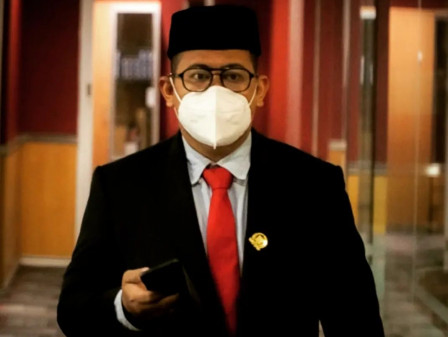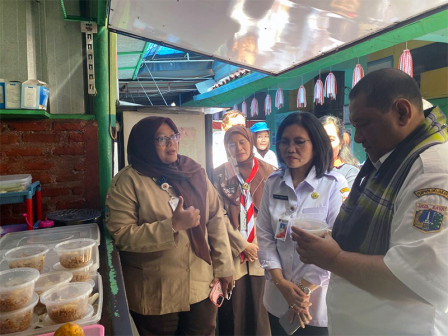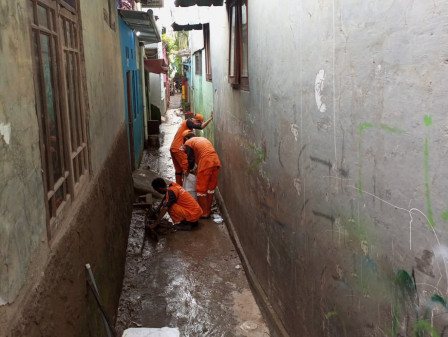Disdik Prepares Steps to Prevent and Handle Cases of Kidney Failure in Children
Reported by Aldi Geri Lumban Tobing | Translated by Nugroho Adibrata
The Jakarta Education Agency (Disdik) is taking cases of kidney failure in children seriously because the disease is very dangerous and requires comprehensive treatment.
One of them is to improve health education
Jakarta Disdik Acting Head, Budi Awaluddin said his party had taken several steps to prevent the case from spreading further.
He assessed the agency has an important role in efforts to prevent and handle the case, especially in terms of monitoring the school environment.
Dinkes: Education for Prevention of Acute Kidney Diseases in Children Keeps Being Intensified"One of them is to improve health education, for instance, regular outreach to all schools in Jakarta regarding the importance of maintaining food hygiene and safety, as well as the dangers of consuming unhealthy food and drinks," he expressed, Thursday (9/5).
His agency would also provide learning materials integrated with materials on health and nutrition in the school curriculum, especially for elementary and middle school levels.
"Thus, students can understand the importance of eating and drinking nutritious food early to avoid various diseases," he explained.
Even, cooperation with teachers is also very important, so his party will provide training and education. Thus, they can provide advice to students on how to choose safe and nutritious foods.
"Making circulars about healthy lifestyles, starting from praying, washing hands before eating, after eating," he explained.
The second, the agency supervises food or beverage sellers in the school environment. For instance, setting strict requirements for food or beverage sellers operating in the school environment, by making provisions to avoid food that contains too much sugar, salt, and fat (GGL).
"Also, avoid food that smells bad or is moldy, pay attention to expired food, separate raw and cooked food, maintain the cleanliness of food ingredients and how to store food, including food safety certification and operational permits," he added.
He assessed strict supervision was supported by regular inspections of food and beverage vendors in schools to ensure they met hygiene and food safety standards. He would impose strict sanctions on sellers who violate the regulations, such as revoking their permits to sell at schools or fines.
He added the Disdik together with the Health Agency (Dinkes) and Food and Drug Monitoring Agency (BPOM) surveyed to identify potentially dangerous types of food and drinks circulating in school environments. Food and beverage samples suspected of containing hazardous substances would be tested in the laboratory.
"We also launched a joint campaign to raise public awareness about the dangers of acute kidney failure in children and the importance of choosing healthy foods as well as training school health workers to detect early symptoms of acute kidney failure in children," he added.
Then Disdik and Dinkes continue to monitor and develop cases of acute kidney failure in children in Jakarta. He and his staff developed a joint policy related to food safety supervision in the school environment and ensured that students who experience symptoms of kidney disorders can easily access health services.
"Parents are also involved in prevention efforts to provide education about the importance of providing healthy food to children. Building cooperation with school communities, religious figures, and the mass media to disseminate information about the dangers of acute kidney failure in children. With this good synergy, it is hoped that cases of acute kidney failure in children in Jakarta can be reduced and the quality of life of children will increase," he closed.





